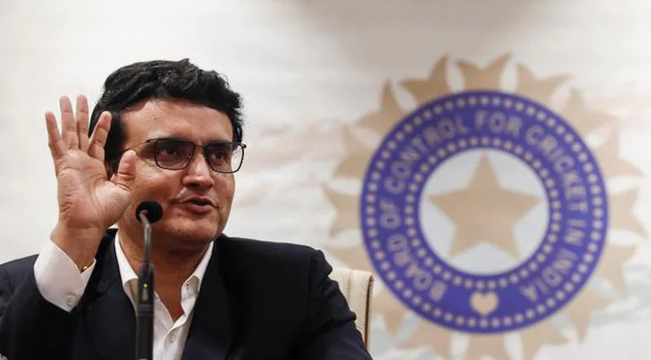New Delhi, August 05, 2020: The Olympic Games, postponed and rescheduled for next summer in Tokyo 124 years after de Coubertin’s resurrection, are normally distinguished on two counts: the simultaneous presence of the world’s elite performers from all but a handful of contemporary non-motorised sports, together with representatives of almost every nation great or small in the shared egalitarian ambiance of a communal village (bar a venue-separated minority such as rowing).
A reluctant question-mark hangs over Tokyo’s face saving, financially stretched, commendable wish to rescue humanity’s foremost cultural festival: is this virus-wracked occasion inevitably going to be second rate on many estimates? In performance levels, absent superstars, some absent nations – U.S.? Brazil? Russia (suspended by WADA) – fewer spectators, probably some absent sponsors and… critically absent dollars?
Will Tokyo, perhaps ultimately encouraged by the Olympic ‘owners’, the International Olympic Committee, sooner or later reach a calculation, on both economic and emotional levels, that in the manner of World War cancellations of 1916 and 1940-44, the sensible option is discontinuation of this mammoth operation until, optimistically, Paris ’24?
Seized news-wise at age 13 by stand-in U.S. sprinter Harrison Dillard at London’s make-do austerity Games of 1948 – a sprint outsider whose autograph I gained sixty years later – my life’s pulse has synchronised with the Olympics. I’m the last to wish their cancellation, yet might it not make common sense? Can we not all remember going on a seaside holiday and it rained?
Some will say, “If London’s ‘recovery’ worked in ’48, why not now in Tokyo?” Yet London then was a different scenario. There did not exist, in that era, multiple world championships in many sports establishing a familiar global ranking order: it was the Olympics which provided that, and it had been a whole twelve years earlier at that time. Track legends such as neutral Sweden’s Gunder Hagg were ineligible professionals.
What London ’48 did was to help reunite the post-War free world, along with a small number of new heroes: the phenomenal Czech distance runner Emil Zatopek and Dutch matronly sprinter Fanny Blankers-Koen; teenage American decathlon champion Robert Mathias; rare world champion British cyclist of 1947, Reg Harris, left with silver behind Mario Ghella of Italy; remarkable Hungarian Laszlo Papp’s first of three middleweight boxing crowns; Sweden and Yugoslavia revealing expertise that was to re-shape FIFA’s map.
The supposedly ‘damaged’ Games of Montreal ’76, Moscow ’80 and L.A. ’84, all torn by boycotts, held different perceptions: absentees, whether nations or individuals, were victims of government authority. The concept of loss, of some performance reduction and of blame, was emotionally very different according to the reports published in thesportsexaminer.com.
What Tokyo ’21 will likely do is remind us what we will NOT have: a Usain Bolt, a Steve Redgrave, maybe no acrobatic Simone Biles; no equivalent of Fiji’s miraculous Sevens rugby squad, probably no poolside Michael Phelps or Katie Ledecky; no phenomenal equivalent to Brazil’s unknown canoe hero Isaquias Queiroz; perhaps no emergent star from a minor nation such as tennis champion Monica Puig for Puerto Rico’s first ever gold medal.
This is the risk: a Games in which an alert television audience, informatively armed with contemporary elite pre-Covid ‘league tables’ in every sport and prompted by commentators, will day-by-day be able to measure sub-standard results.
Yes, there will be some unexpected heroes and heroines – but for what may be for some International Federations, or Japan, and for many competitors – a serious financial loss.




























